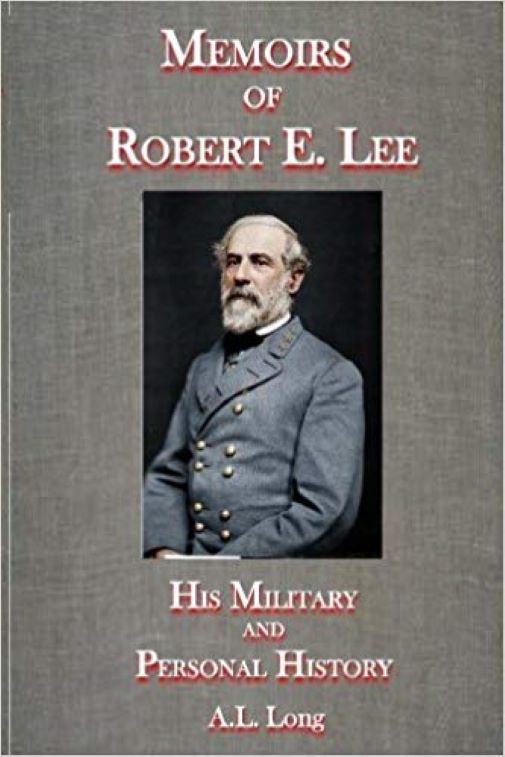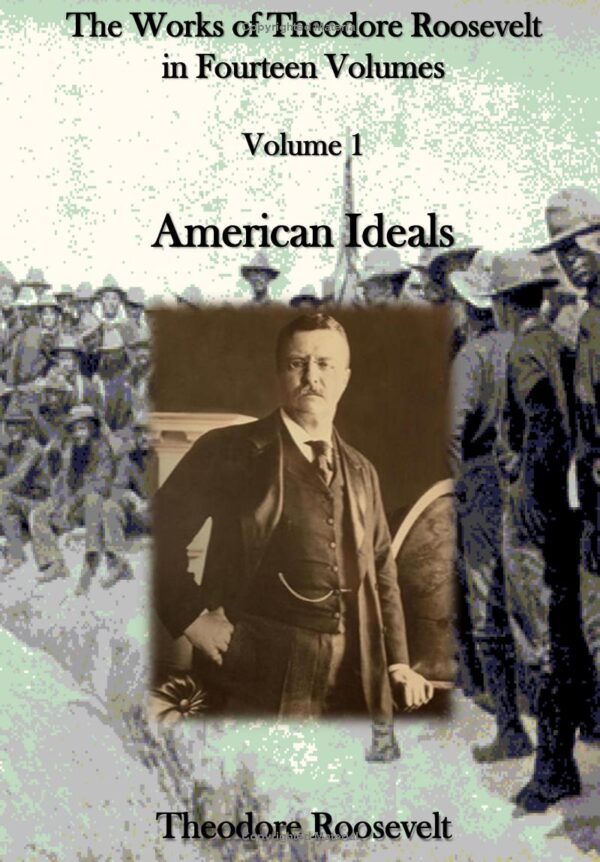Though destitute and dying of cancer, Gen. Ulysses S. Grant penned his memoirs that fill two volumes. He dies soon after completion. Robert E. Lee died less than a decade after the end of the Civil War. Though supports write that he intended to publish his memoirs, he did not have the chance. Gen, A.L. Long took on the task for him in this volume. GENERAL LEE, less fortunate than General Grant, was overtaken by death before he could complete his design of writing and publishing to the world his personal narrative of the important events in which he figured. In offering this work to the public the Publishers consider it a consummation of that intention, and they further believe that in the selection of General Long as the writer these Memoirs become as nearly an autobiography as any it would be possible to obtain from another hand than that of General Lee himself. It was only during the last years of his life that General Lee seriously contemplated writing a history of his campaigns. He had been repeatedly urged to do so by friends, was offered large inducements by publishers, and even from foreign countries came urgent requests for his story. To most of these solicitations he returned a negative answer. Under date of October 25, 1865, he says : “I cannot now undertake the work you propose, nor can I enter into an engagement which I may never be able to accomplish. It will be some time before the truth can be known, and I do not think that time has yet arrived.” To a request from a German officer for the right of translation he writes on March 13, 1866: “It has been my desire to write a history of the campaigns in Virginia, but I have not yet been able to commence it.” It would appear that he began to collect materials for this purpose shortly after this date, and wrote to the various corps and division commanders asking reports of operations for the last campaigns of the war. He writes to Colonel Taylor, his late adjutant-general: “I am desirous that the bravery and devotion of the Army of Northern Virginia shall be correctly transmitted to posterity. This is the only tribute that can now be paid to the worth of its noble officers and soldiers.”
722 pages





